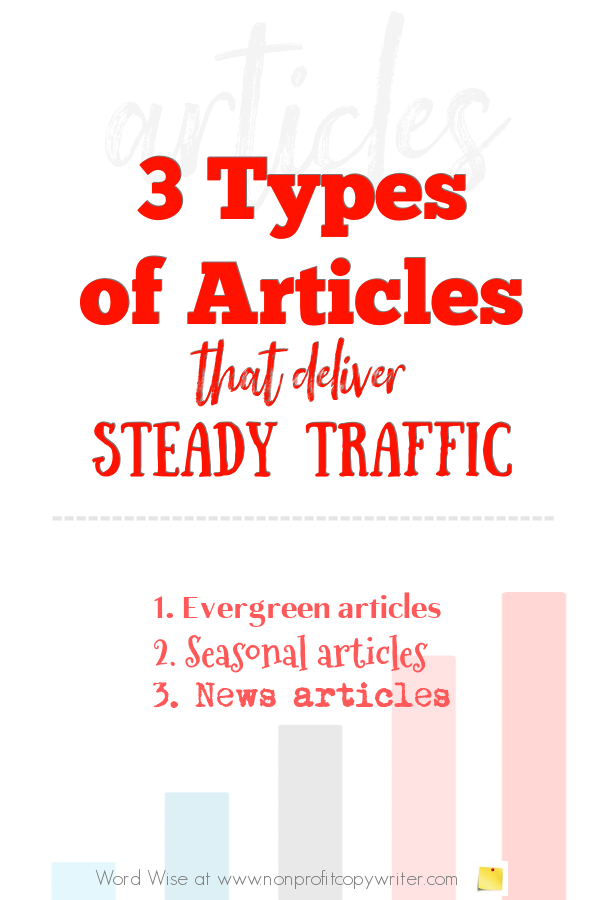The Ultimate Guide to Crafting Compelling Web content with articles
The Ultimate Guide to Crafting Compelling Web content with articles
Blog Article
How Articles Add To Clearness in Composing
The usage of posts is usually ignored, yet their effect on clearness in composing can not be downplayed. Comprehending the subtleties of short article use is vital for achieving quality, but what details techniques can writers utilize to harness their complete possibility?
The Role of Articles
Articles play a vital role in the quality and precision of composed communication. They function as vital etymological devices that help viewers browse through message, giving context and uniqueness. By marking nouns as certain or indefinite, articles lead the viewers's understanding of the subject, comparing well-known and unidentified entities. The certain post "the" suggests a specific noun, while the uncertain posts "a" and "an" suggest a basic or non-specific referral.
Including posts properly enhances the coherence of composing, enabling writers to communicate their designated significances with greater accuracy. articles. Abuse or omission of articles can result in ambiguity, triggering confusion for the visitor. Stating "I saw pet" does not have clearness and specificity, whereas "I saw a dog" or "I saw the pet dog" communicates unique meanings.
Furthermore, write-ups add to the rhythm and circulation of sentences, influencing readability. They enable writers to construct a sensible framework, linking ideas and facilitating comprehension. A strong understanding of short article usage is crucial for efficient interaction, ensuring that the nuances of meaning are maintained and the message is delivered clearly. This fundamental facet of grammar considerably impacts overall writing clearness.
Sorts Of Articles
Recognizing the different sorts of write-ups is fundamental to grasping their usage in creating. Articles can be categorized primarily into two kinds: definite and indefinite articles. The certain article "the" specifies a particular noun that is known to the visitor. As an example, claiming "the book" indicates that both the speaker and audience recognize which details publication is being referenced. This accuracy assists to route the visitor's focus and boosts clearness.
On the other hand, indefinite short articles, such as "a" and "an," describe non-specific nouns. When one says "a book," it shows any kind of publication, not one particularly. This usage is essential when presenting new ideas or things to the discourse, as it supplies a general framework without constraining the viewers to a certain referral.
In addition, posts can additionally convey subtleties such as amount and uniqueness. For instance, "an apple" suggests any kind of apple, while "the apple" may suggest that it is the only apple in the context. Understanding these differences enables writers to efficiently control write-ups for greater clearness and precision in their communication.
Articles and Specificity

On the other hand, uncertain write-ups like "a" or "an" published here introduce nouns in an extra general sense, indicating that the noun might not recognize to the visitor. "a book" suggests any type of publication, leaving the specifics open to interpretation. This difference is vital for effective writing, as it influences exactly how details is conveyed and recognized.
Usual Mistakes With Articles
Clearness in creating can often be endangered by usual errors with write-ups. One widespread mistake entails the abuse of precise and indefinite short articles.

Improving Clearness With Articles
Efficient interaction pivots on the exact use of articles, which can dramatically boost clarity in creating. Articles, including "a," "an," and "the," work as signs that Continued guide readers with the message. Their right application not only clarifies which noun is being referenced but additionally establishes the uniqueness and generalization of the subject.
Making use of precise and uncertain posts appropriately can help stay clear of uncertainty. Saying "the auto" defines a certain vehicle, while "a car" refers to any auto in general. This distinction is crucial in making sure that the visitor comprehends the intended meaning without confusion. In addition, regular use of write-ups adds to the total circulation of composing, permitting for smoother transitions between concepts.
In academic and expert writing, quality is critical. Misuse of write-ups can bring about misconceptions and false impressions, interfering with the writer's integrity. For that reason, authors should pay cautious attention to short article use, as this small yet powerful aspect of language can significantly boost the quality of their interaction. Ultimately, the effective use of posts changes composing from mere words into a meaningful and accessible message.
Verdict
In verdict, short articles are essential devices in writing, significantly improving clearness and precision. Proficiency of post use their explanation eventually adds to a more coherent and appealing creating style, assisting in better understanding for readers.
Report this page